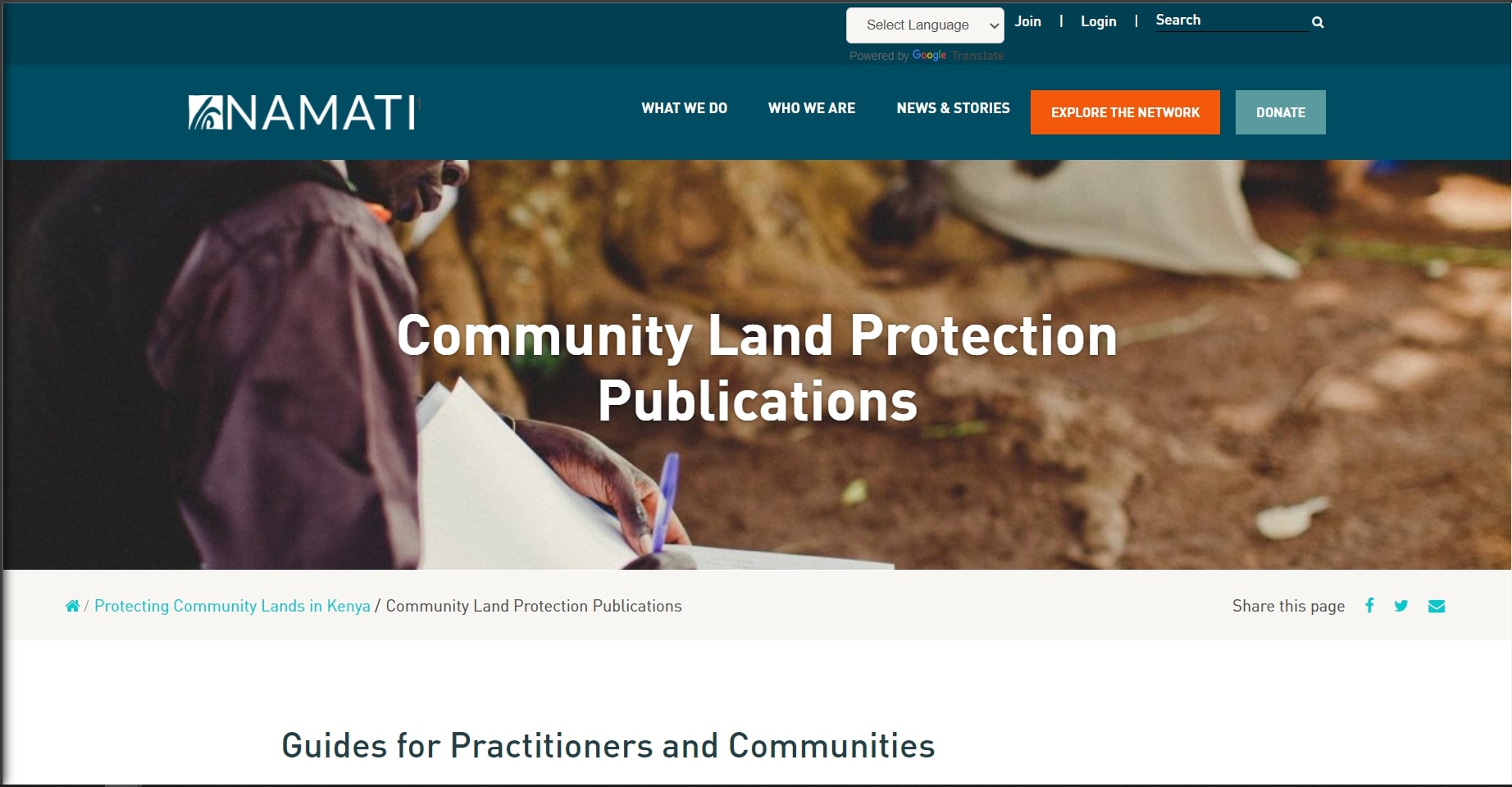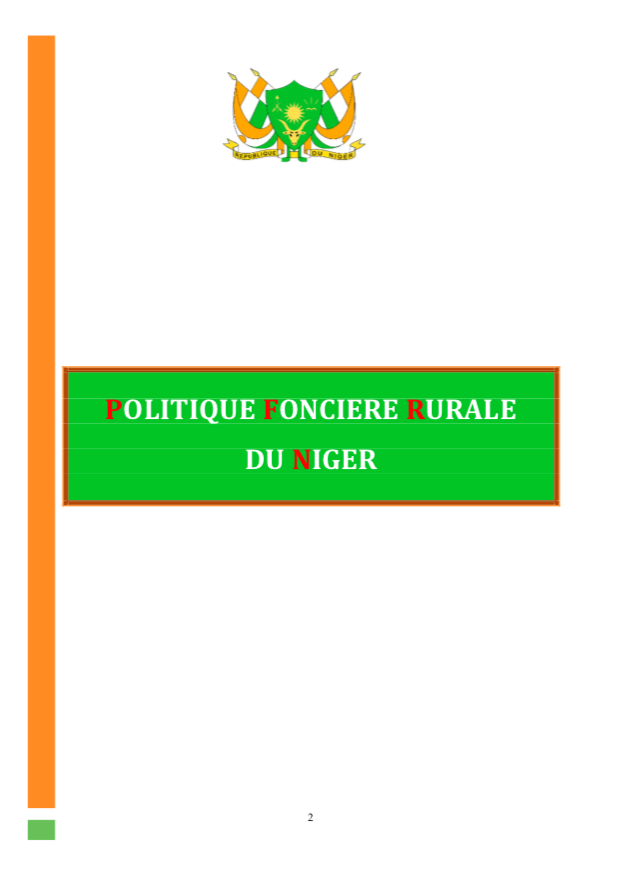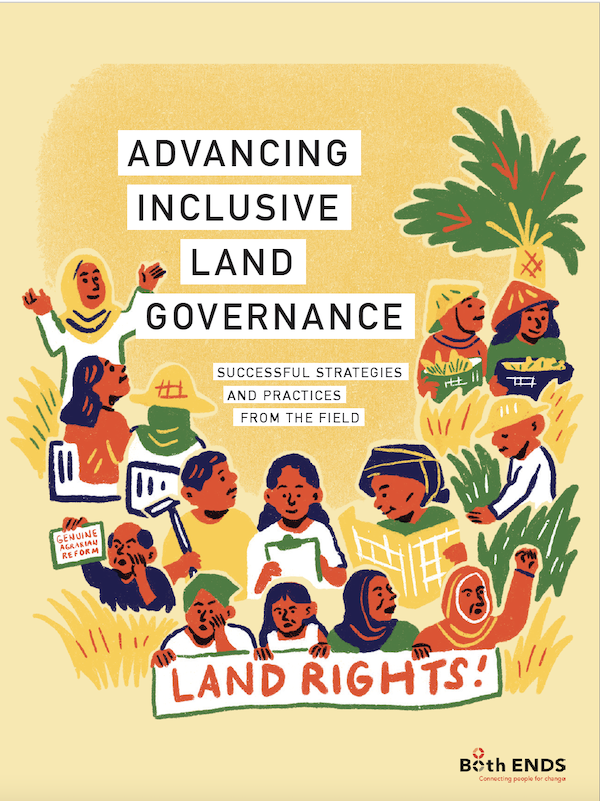Catalogue of Innovations. Enhancing Smallholder Agriculture and Food System Resilience. East and Southern Africa
The food system challenges require simultaneous action across different sectors and concerted efforts of diverse players in food systems. While past efforts inclined towards boosting gricultural production, today’s focus has shifted to influencing transformative changes to the entire food systems continuum, from production and processing to marketing and distribution, using innovative solutions. Sub-Saharan Africa has been facing unprecedented challenges that affect the sustainability of food and agriculture systems, putting food and nutrition security at significant risk.






